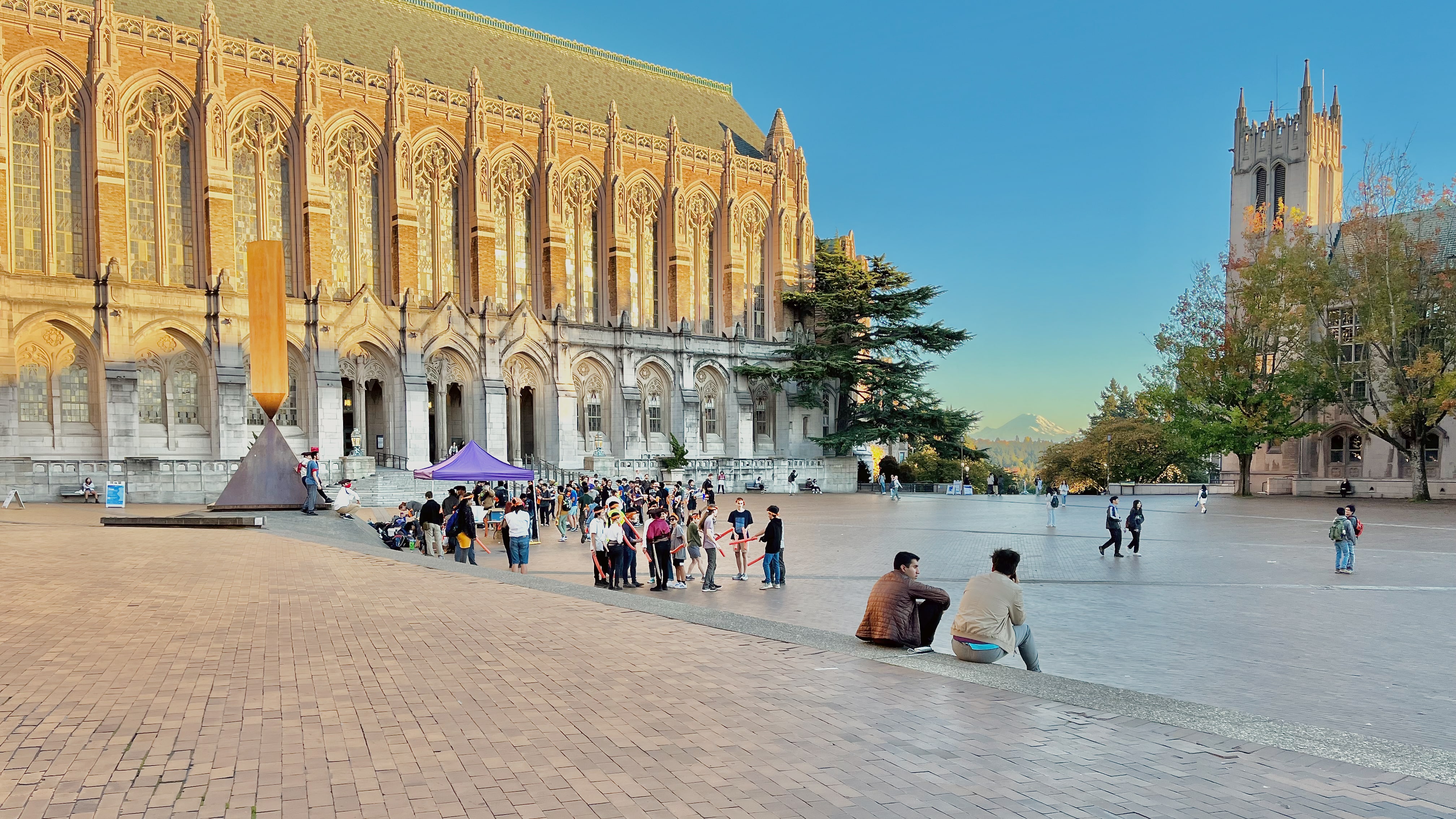
ISS Reflection
I entered the Integrated Social Sciences (ISS) program at the University of Washington with two intentions: 1) complete my undergraduate degree, and 2) improve my understanding of the world and how I can best contribute to the workforce after graduation. ISS fulfilled these requirements while helping me build a broader mindset than expected. By addressing how human systems' social, cultural, and political aspects affect identity, I have gained a more nuanced understanding of myself, the world, and my place within it.
The ISS program has markedly refined my work content skills: analyzing data, research methods and ethics, comparing and contrasting ideas, critical thinking, structuring, analyzing, and writing persuasive arguments, and supplying the historical and contemporary knowledge of social sciences required to interpret experiences of modern life. Being exposed to so much scholarly material forced me to develop effective methods of following my curiosity. My time management, self-motivation, and resiliency significantly improved during the program.
Many of these skills resulted from my research throughout ISS. In researching belongingness, I intended to holistically approach a fundamental human need while offering practical solutions to readers (and myself). In doing so, I discovered how social media and rational choice theory damage our perspective of belonging and how symbolic interactionism might be used to return our sense of agency. Looking to Eastern and Western psychology to find meaning within suffering, I discussed mature happiness and how logotherapy techniques, dereflection, and Socratic questioning can contribute. Studying intergroup contact theory helped me understand tribalism. The high and low goal states in Eastern and Western countries and differing expectations provided an essential perspective regarding personal long-term integration. Finally, I evaluated how passion is vital in engagement. Harmonious passion (as opposed to obsessive passion) indicated an effective way of applying the findings above to improve our sense of belonging in a social context.
Exploring belonging methodically and cross-culturally throughout the ISS program helped me build a comprehensive understanding of the relationship between our environment and personal identity, which I found transformational. Now, I can recognize the forces shaping culture and our roles as actors. Most importantly, reflecting on how America influenced me has helped me realize how I was unknowingly complicit in a system of structural violence. As a result, my commitment to reform these systems has strengthened.
My entrepreneurial background as a music teacher and small business owner, combined with my experience in the social sciences, positions me to continue forward in academic, creative, non-profit, and urban development opportunities. Given the state of democracy globally, I am more determined than ever to find a path that continues to utilize and develop my skills and promote equality in my community. Although I have exceeded my goal of becoming more globally conscious and self-aware throughout the ISS program, the work has only just begun; my degree is the foundation of a more significant road ahead. I now owe it to myself to put my education to use as I continue onward as a teacher, student, artist, and advocate for more significant change.
Pictured above
Walker, Coire: Photograph of the University of Washington, Seattle, WA. 21 Mar. 2024. Author's personal collection.
